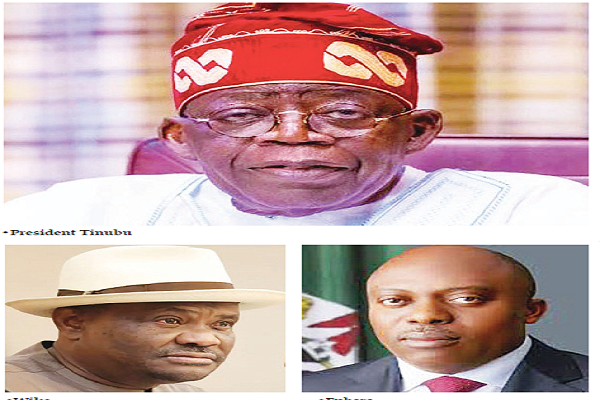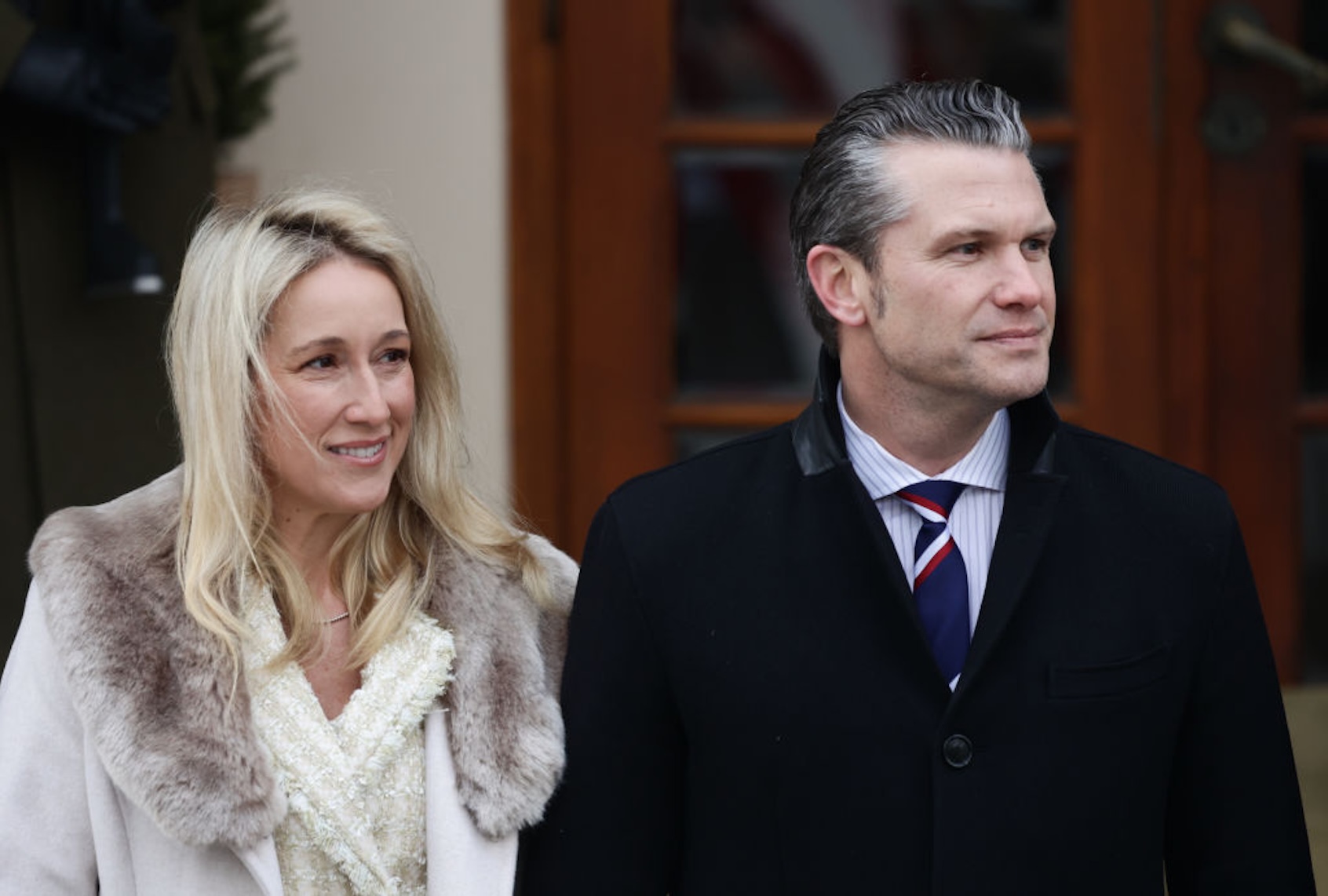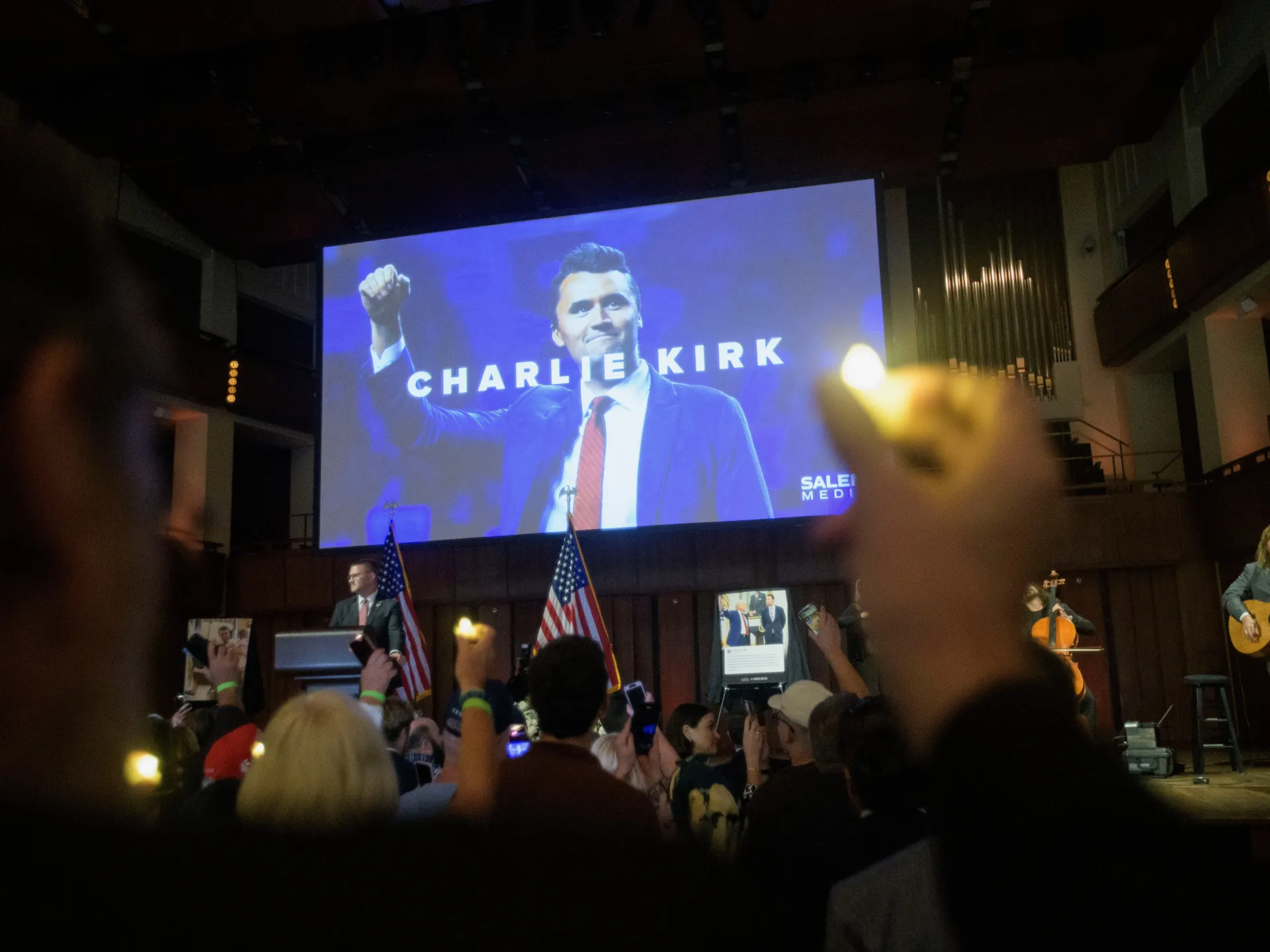By Our Reporter,The Nation
Copyright thenationonlineng

Much is at stake in Rivers State as the President lifts state of emergency
ust as many hoped, the president, Asiwaju Bola Ahmed Tinubu, lifted the state of emergency on Rivers State. It caps off a half-year of tension, fear, hope and plots. It also triggers a time for rumination on the state of Rivers State politics, a rumination marked by faceoffs but no facedown except for those who expected the state to run into a paralysis of unending fight between Governor Sim Fubara and his allies and associates, versus his predecessor and Federal Capital Territory minister Nyesom Wike and his allies.
Rather, President Tinubu lifted the veil and set the state for renewed operation of the ship of state in accordance with the rights, precepts and authorities of a democracy and in deference of the constitution.
We acknowledge that there was, by no means, a consensus in the nation, not even in Rivers State, as to the necessity of declaring the state of emergency.
Yet, as the president reminded the nation in his statement, even the judiciary declared that there was no government in Rivers State six months ago when he took the extraordinary step. The governor and the legislature no longer worked in harmony, the historic building of the state house of assembly was in ruins, no thanks to a bomb blast.
And it reflected the state of the legislature itself in which the governor had decided it was not going to work with the house of assembly members.
Hence, he therefore held on to a budget of illegitimacy since he did not secure the constitutionally requisite numbers to pass it. He did not also have a cabinet. He had fewer than half a dozen men he called his commissioners and even they were not endorsed by the house.
He served as a governor by impunity. He wanted to corral the judiciary to endorse his unilateral system, and this sparked a march to anarchy.
“Considered objectively,” said the president, “we had reached that situation of total breakdown of public order and public safety in Rivers State, as shown in the judgement of the Supreme Court on the disputes between the executive and legislative arms of Rivers State. It would have been a colossal failure on my part as President not to have made that proclamation.”
Partisan cries in parts of the country, including within Rivers State, tended to drown the necessity of the moment, and it was an act of wise courage that the President stuck to law and commonsense to bring down the hammer and oust the political structure, pending the restoration of calm.
What we have, as the state of emergency is restored, can at best be described as a calm of hope. During the six months, the two sides in the conflict were asked to meet, and it took a while before a sense of patriotism overrode insular egos and interests.
It is thanks to forces, mostly out of the state, that eventually both Fubara and Wike met and the palpable air of truculence seemed to gradually give way to a pursuit of peace. Prior to that, the city of Port Harcourt, the state capital, convulsed with protests, of partisans on both sides, stoking the conflict. Some so-called elders in the state seemed to have abandoned prospects of reconciliation and some youths had aped them in their quests for a showdown.
Read Also: Fubara’s supporters disperse after waiting in vain at Rivers Govt House gate
Some of them called the sole administrator, Vice Admiral Ibok-Ete Ibas, an impostor. Some threatened war and staked a claim that Rivers State would crawl into paralysis or chaos until President Tinubu reneged on his declaration.
Hours before the state of emergency was declared, oil pipelines had also caught fire, and a sense of bloody foreboding had started to enwrap the state. It was not only a threat to the state and the Niger Delta region, it held the promise of contagion in the country at large.
Vice Admiral Ibas took over and thankfully he was not caught in the partisan fray. He has handed over a state with an apparent quiet, and we hope both sides to the conflict have realised the futility of a contrarian spirit.
Both sides have publicly met and photo ops were on television and all over the social media of smiles and even a show of cultural respect by the governor to his predecessor, signalling a return to courtesies and respect to good faith in the state.
Many analysts have seen the execution of the local government elections as a surefire sign of goodwill. It was conducted under the supervision of the Independent National Electoral Commission (INEC) and with the full inputs of Governor Fubara and Wike, and neither was unhappy, at least in their rhetoric and public body language, on the outcome.
The period of the state of emergency led to two important revelations. The first was of a N300million revelation of gift by the Fubara government to the Nigerian Bar Association (NBA) to organise their conference; a decision the body could not defend and a cash it did not refund. Its hypocrisy is highlighted by its position on the side of the governor and insistence that the state of emergency was illegal without advancing any rigour of law. Its conflict of interest was writ large.
The other point was the revelation that the sum of N5billiion was saved in an August civil service staff audit. That is a scandal that not even the local vocals were ready to condemn. It is hoped that the money will be saved subsequently. We fear that the silence in the state might mean a return to that conspiratorial financial opacity. Footloose spending is not a part of democracy. Even though it had little to do with the reason for the state of emergency, we are happy for the facts while hoping that it is not a revelation in vain.
We hope that the apparent calm will mean substantial peace in the coming months. Nothing in the past six months, not the reconciliation, not the revived camaraderie, not the promises, can guarantee any hope.
It is the actors themselves that must show good faith. Much is at stake. Democracy is at stake. Cooperation between the executive and legislative branches is at stake. Above all, commonsense is at stake.



